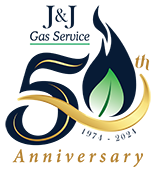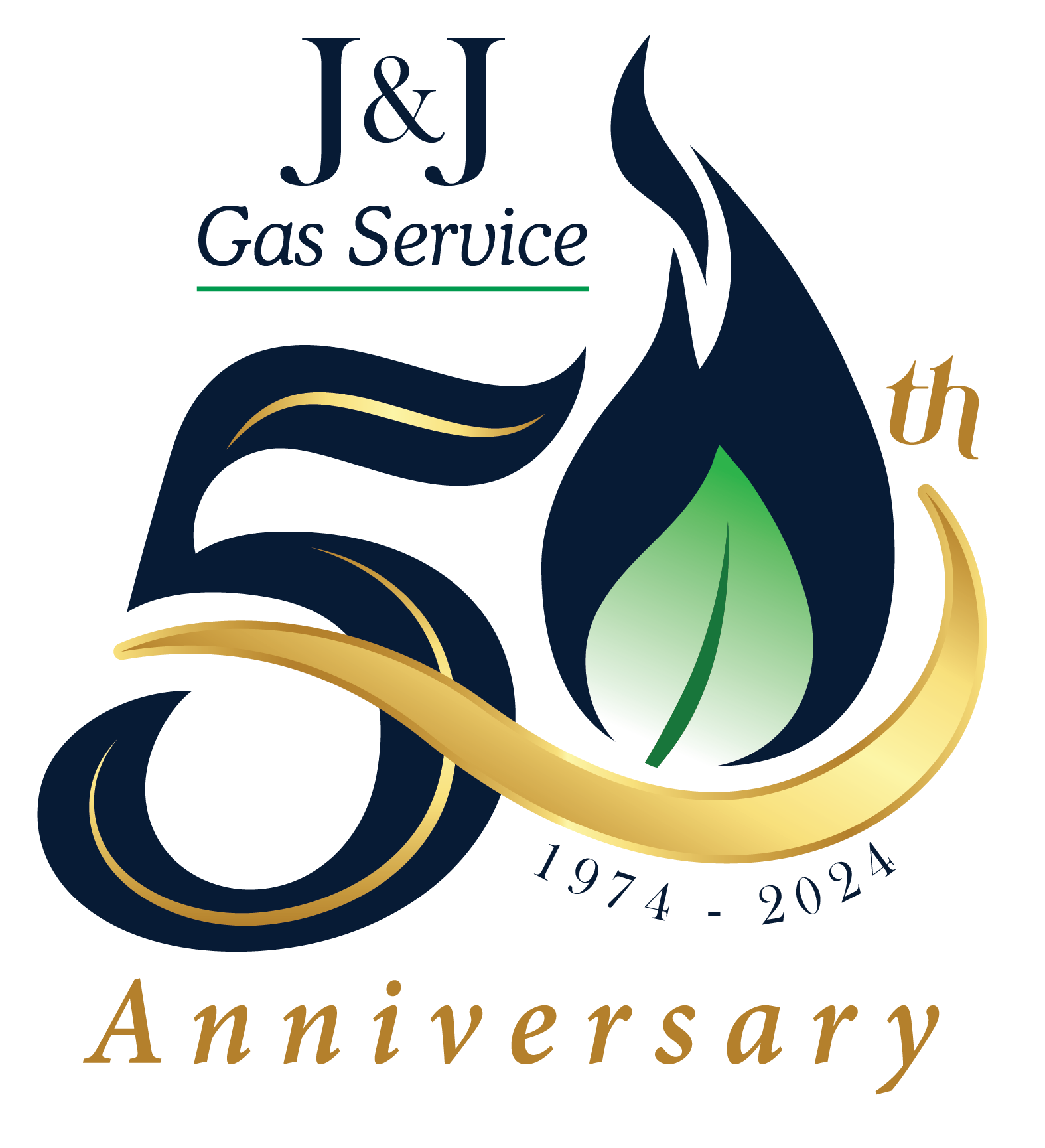Propane is first and foremost a made in the USA domestic product; it is abundant and affordable, it burns hotter and more efficiently than gasoline or diesel, and its cleaner burning and more environmental friendly than most other fuel types.
Natural gas is used from a pipeline, operates off of lower pressure and is considered ‘city’ gas. Natural gas is not common in rural areas such as ours. Propane is more portable and can be delivered to rural and even off the grid homes.
Propane or LP Gas is mostly a byproduct of domestic natural gas; as natural gas becomes more available in the USA propane becomes more abundant. Some propane is the product of crude oil.
You can purchase propane appliances, tools and equipment directly from us and our vendors or purchase them from any retail store. Gas stoves and appliances are almost always set up for natural gas and need to be converted to propane gas. Some brands provide the conversion kits and some will need to be ordered.
Propane is odorless, colorless and non-toxic in its natural state. It will not ignite when combined with air unless the ignition is at least 940 degrees (gasoline ignites at 430-500 degrees). If propane leaks it vaporizes into the air and does not affect the environment. Odor is added to propane in order for it to be detected.
Propane is the lightest hydrocarbon in existence and burns cleaner than all other fossil fuels. Propane is also an approved fuel listed in the 1990 Clean Air Act and the National Energy Policy act of 1992. Propane burns hotter and more efficiently than gas or diesel.
Propane is estimated to be used in 48 million US households and growing. Propane is used in businesses for a variety of purposes such as the hospitality industry (restaurants and hotels), for heating, water heating, clothes drying and more. Propane is used by farms for agriculture applications such as grain drying, equipment operation, heating buildings and more. Now propane is so accessible you see more and more vehicles and on road fleets using propane Autogas.
Propane, LP Gas or LPG is mostly a byproduct of domestic natural gas; as natural gas becomes more available in the USA propane becomes more abundant too.
Propane is clean burning and low carbon, it’s the lightest hydrocarbon in existence; it is odorless, colorless and non-toxic in its natural state and if a leak occurs propane vaporizes and dissipates into the air.
Look. Look for blowing dirt or bubbles.
Listen. Listen for a nearby gas appliance or line; there may be a hissing sound when propane is leaking.
Smell. Stay alert for the distinct smell of rotten-eggs. Propane companies including ours add a harmless chemical to get propane this smell so that when a leak occurs, it can easily be detected.
Leave. If you detect a leak and the odor is strong, leave immediately. Do not try to find or stop the leak.
Don’t touch. Don’t touch anything electrical; don’t use the phone or even your mobile phone. Do not smoke, turn appliances on or off or operate any equipment or vehicles that create a spark.
Call for help. Once you are away from the leak, immediately call J&J Gas Service at (386) 294-1801. If the smell is very strong call 911.

